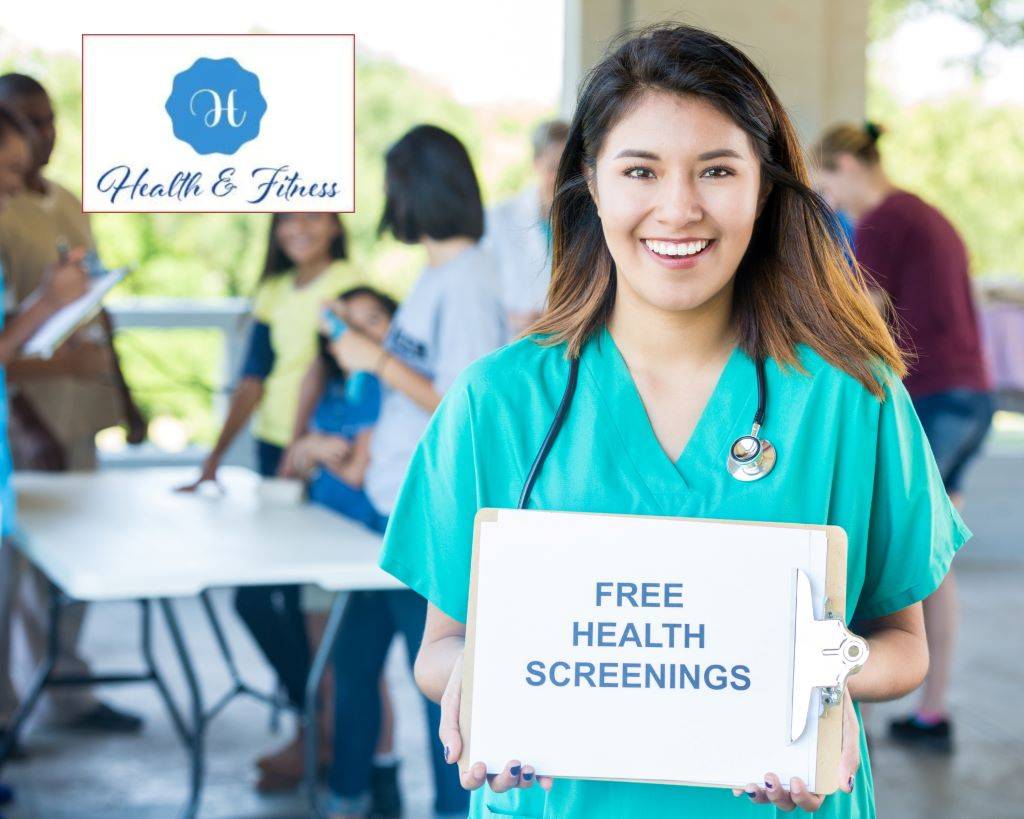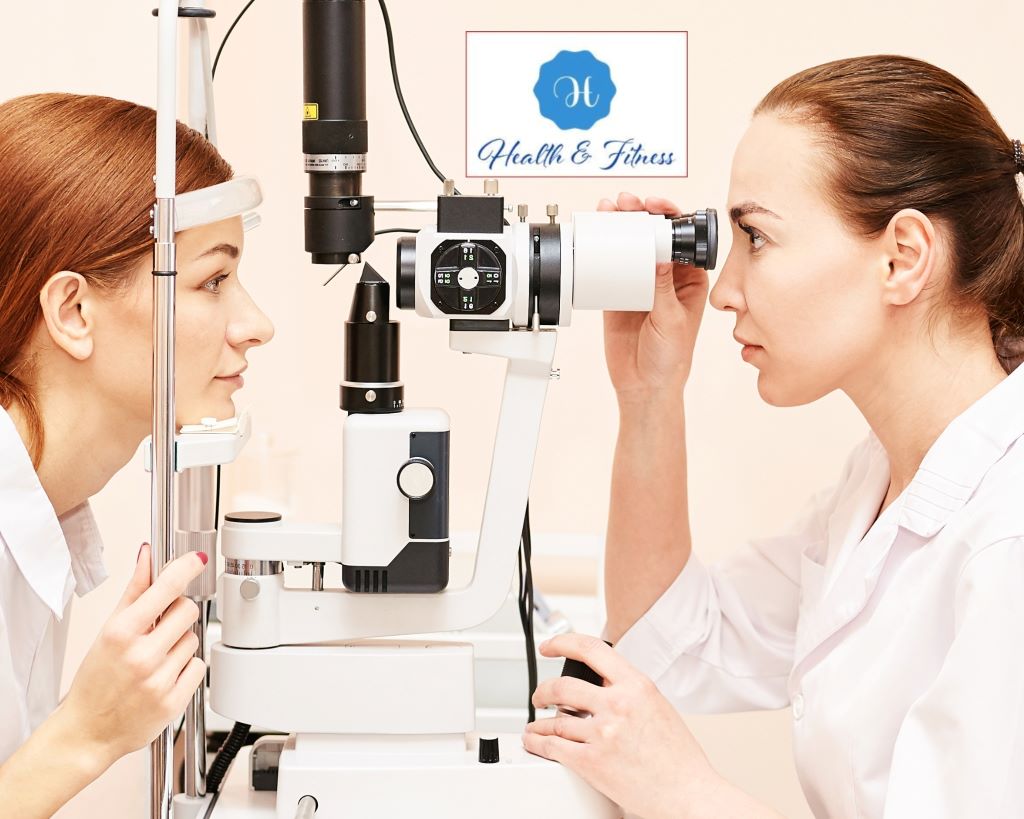Discover essential Women’s Health Screenings and Checkups in our expert guide. Learn more about crucial exams every woman needs. Find out now!
Comprehensive guide to essential women’s health screenings and checkups. Stay proactive in your well-being with expert recommendations. Welcome to our comprehensive guide on women’s health screenings and checkups. This expert guide delves into the importance of proactive healthcare for women, exploring the key screenings and checkups crucial for maintaining your well-being. Your health is a priority, and with our insights and recommendations, you’ll be equipped to make informed decisions about your medical care. Whether you’re seeking to prevent potential health issues or ensure early detection, this guide is here to empower you on your journey toward optimal health. Let’s dive into the essential screenings and checkups that every woman should consider.
Top 15 Women’s Health Screenings and Checkups
1- Have Your Cholesterol Tested
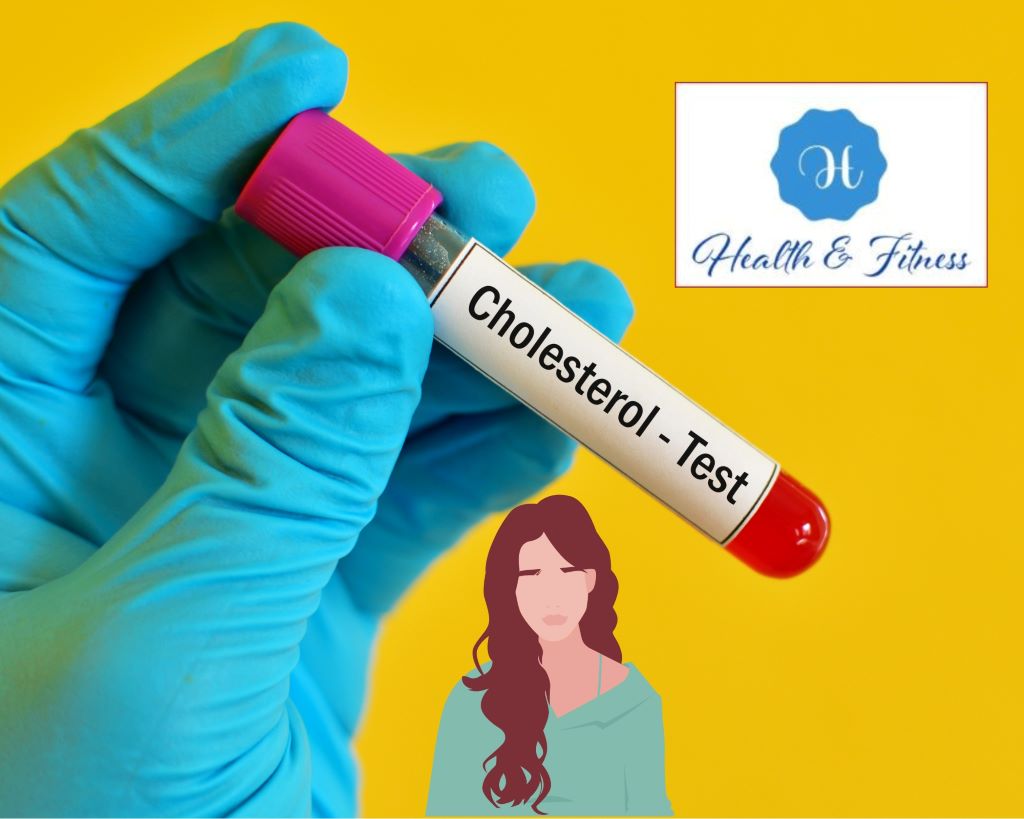
Using this tool, you can determine how you will suffer from cardiovascular disease or stroke. According to the National Institutes of Health’s recommendations, those 20 years or older should check their cholesterol at least once every five years. Total cholesterol levels should be fewer than 200 mg/dl; anything between 200 and 239 mg/dl is considered high but not there. If you have a family history of heart disease or a stroke, discuss with your physician the frequency with which you should get this blood test.
2- Pap and human papillomavirus (HPV) Health Screenings
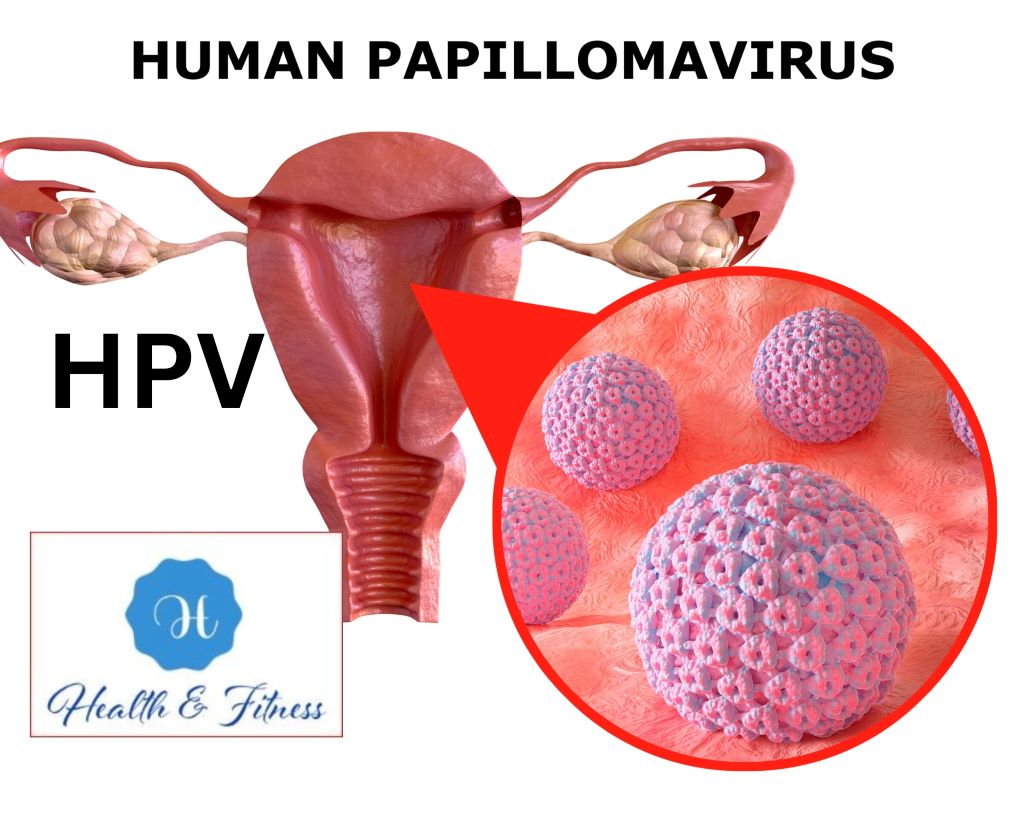
Time to talk about a health screening crucial for your well-being: the Pap and human papillomavirus (HPV) tests. These tests play a vital role in detecting cervical cancer and related issues. The Pap test checks for abnormal cells in your cervix, while the HPV test looks for the virus that can lead to those changes.
Regular screenings can spot any problems early on, giving you the chance for effective treatment. Remember, caring for your health is like looking after a prized possession. Book your screening today to ensure a healthier future.
3—Health Screening with Mammograms
Compressing the breast between two plates during a mammogram to get an image using X-rays is a necessary step in the screening process for breast cancer. Given that the risk of breast cancer rises with age and frequent screening may cause more false positives than it prevents, there has always been controversy about when and how often a lady should have them. According to the most recent set of recommendations issued by the USPSTF, women should begin scheduling. Biennial mammograms for themselves once they reach the age of 50. However, according to the American Cancer Society, women should begin annual screenings at 45. Once they reach the age of 55, they can switch to getting a mammogram every other year. Talk to your primary care physician about starting your annual screenings earlier if you have a history of the disease in your family or other concerns about your health.
4- Health Screening for Cervical Cancer
It recommends that women get Pap smears, which detect cervical cancer, once every three years if they are between the ages of 20 and 29. Women between the ages of 30 and 65 should undergo a Pap test with an HPV test every 5 or 3 years. You may need to schedule an annual exam with your obstetrician or gynecologist.
5- Health Screening to Determine Bone Density
At age 65, women should begin receiving bone density tests as part of an osteoporosis screening program.
Early screening recommendations for individuals with risk factors for osteoporosis, such as a history of fractures or low body weight. You will need to lie on a table for this examination, known as a DEXA scan, while a low-dose X-ray scanner takes pictures of your bones. The frequency of this screening shifts around based on many factors, including bone density and other potential dangers.
6-Screening using a 6-panel Colonoscopy
If you are at least 45 years old, it is time to make an appointment for your first colonoscopy, which is a screening test that can detect colon cancer. If your initial colonoscopy came out negative, at the very least, get another one after 10 years. Should anything be discovered during this screening, you may be told to have the examination more in the future.
7 Health Screening for Diabetes Risk Assessment.
Discover the world of diabetes risk assessment, a fundamental tool in gauging your potential for developing diabetes. By examining blood sugar levels and other crucial factors, healthcare experts can accurately determine your risk level.
This process emphasizes the significance of prevention and early detection. If you’re at risk, lifestyle adjustments can be suggested by your healthcare provider, helping you steer clear of potential complications. Book your diabetes risk assessment today and embark on a healthier journey ahead.
8-Health Screening for Blood Pressure
Your chance of having a heart attack, a stroke, and a renal illness increases when you have high blood pressure, often known as hypertension. If your blood pressure is normal, get your blood pressure checked every three to five years if you are between the ages of 18 and 40; there has always been controversy about when and how a woman should have it. After the age of 40, get checked every year.
9- Skin Examination and checkups
According to the recommendations of the American Cancer Society, women should conduct a self-exam on their skin every month. You should survey your skin all over your body, looking for any new moles or changes to the existing ones. These can be early indicators of skin cancer. The American Academy of Dermatology recommends that you discuss how you should undergo in-office exams with your primary care physician or a dermatologist if you are at a higher risk for skin cancer or if there is a history of the disease in your family.
10-Dental Checkup
Checkups at the dentist are recommended twice a year for all adult women, and it is crucial to take care of your oral health as soon as your first baby tooth erupts. Regular dental exams, including cleaning and inspecting the teeth and taking X-rays, allow you to identify. The earliest stages of tooth decay and any other issues that may arise. Many insurance policies will pay for these examinations, given that they are considered preventative. But, despite their importance to your well-being, these tests can be rather pricey, so you should verify your health insurance provider before scheduling any appointments and look into whether your local community provides any of these examinations at no cost.
11-Examinations for sexually transmitted infections (often known as STD testing).
Women’s sexual health is vital, and regular STI testing is essential. It includes blood, urine, and swab tests to detect infections without symptoms. Early intervention is crucial to prevent reproductive health issues. Prioritizing testing safeguards well-being and supports a safer sexual community.
12- health screening for lung cancer
Hello there! We’re diving into a crucial topic – lung cancer health screenings. They’re like your secret weapon for staying healthy. These screenings are your go-to if you’re at higher risk because of smoking, family history, or other factors. Doctors use low-dose CT scans to catch any hints of trouble in your lungs. Early detection is our hero here – it gives you the upper hand in treatment. Remember, your health is a top priority. Talk to your doctor about lung cancer screenings to ensure you’re ahead of the game. Stay proactive, and stay healthy!
13 – A test of your hearing.
Hey there! Let’s chat about hearing tests. They’re like health check-ups for your ears. During the test, you’ll listen to sounds and respond. It’s easy and helps catch any issues early. If you’ve been struggling with TV volume or saying “What?” a lot, it’s time for a test. Looking after your hearing keeps you connected. Don’t miss out – book your test now!
14- Health Screenings for Eye and checkups
A baseline eye exam should be performed on individuals at 18; unless there is an issue, such as diabetes, The following exams should be performed every two years until the age of 60. It would help if you started getting annual eye exams after you reach the age of 61.
15- Health Screening Body Mass Index (BMI)
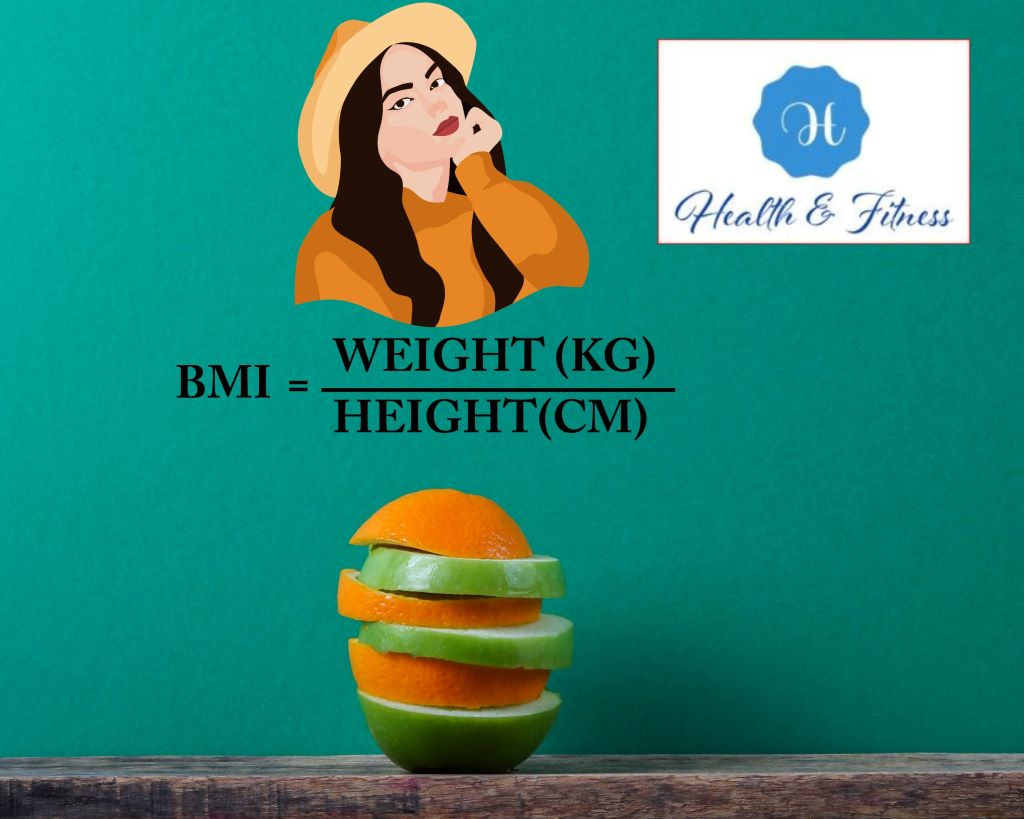
The USPSTF recommends checking for obesity at 18. This screening frequently measures BMI. Even though there are no guidelines for your doctor’s measurement, it’s crucial. Obesity, which raises the risk of diabetes and heart disease, may be determined by BMI. Screenings might uncover subtle but substantial health changes before you realize them. This allows doctors to see health issues early and treat them more easily. Testing frequency and starting age are also important. Based on standard recommendations for average-risk patients. Prevention is better than therapy at any age. Therefore, you should see your primary care physician periodically for age-appropriate testing and immunizations to prevent illness.
Conclusion
Taking charge of your health by scheduling regular screenings and checkups is an empowering step towards a healthier and happier life. These 15 essential women’s health screenings and checkups provide a comprehensive overview of your well-being, from heart health to reproductive wellness. By being proactive and staying informed about your body’s needs, you’re setting the foundation for a life of vitality and longevity. Remember, your health is your greatest asset, and investing in it today ensures a brighter tomorrow. So, take the initiative, book those appointments, and embark on a journey toward optimal health and wellness. Your body deserves nothing less than the best care, and these screenings are a testament to that commitment.

